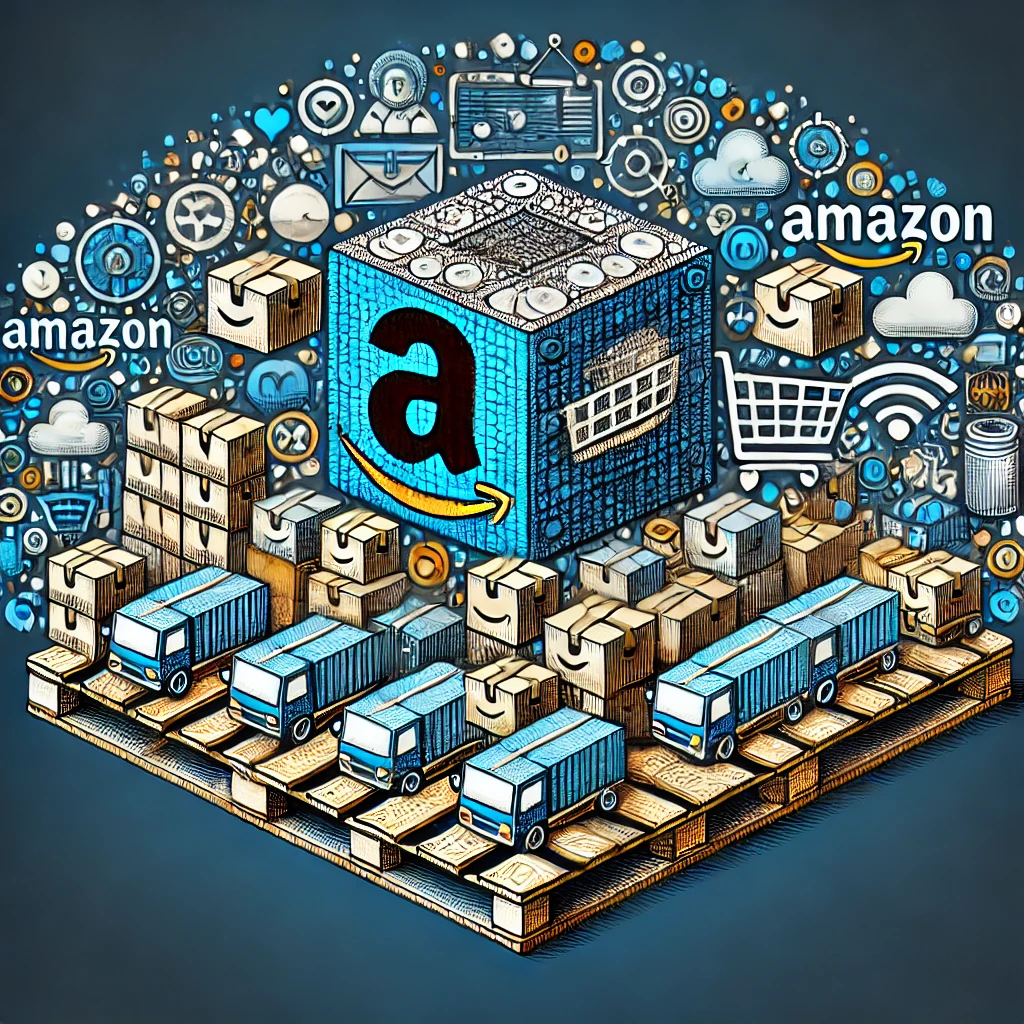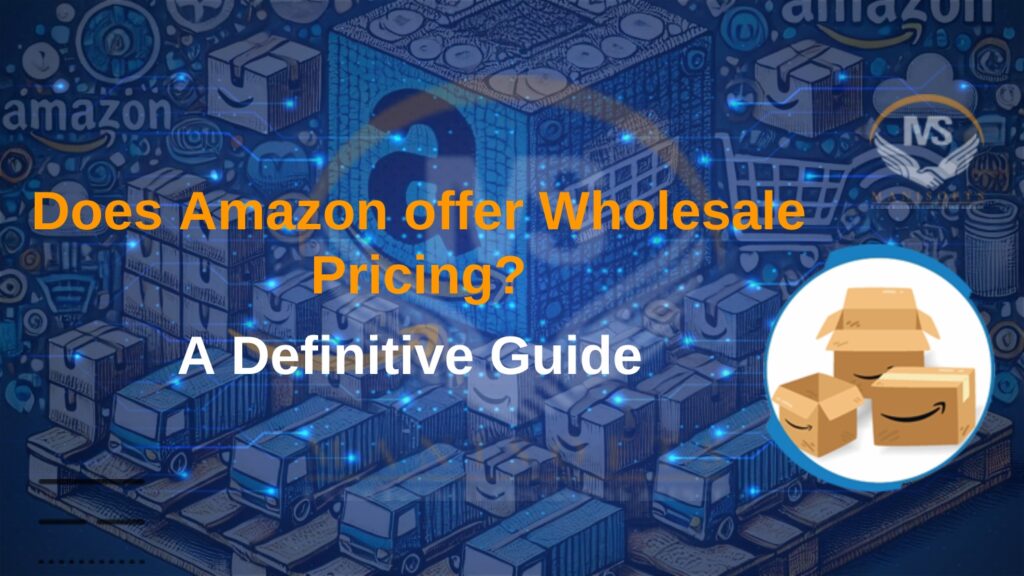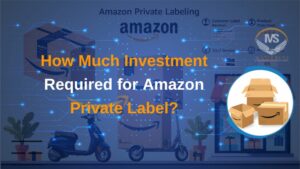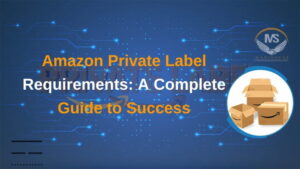Discover does Amazon offer wholesale pricing? Learn about potential discounts, eligibility requirements, and alternatives for businesses seeking lower costs on Amazon purchases.
Introduction
For many businesses and resellers, finding reliable sources of wholesale products is crucial to maintaining profitable operations. As one of the world’s largest e-commerce platforms, Amazon naturally comes to mind when considering potential wholesale options. However, the question “Does Amazon offer Wholesale Pricing?” isn’t as straightforward as it might seem.
While Amazon is primarily known for its retail operations, the company has developed various programs and services that cater to bulk buyers and businesses. In this article, we’ll explore the different ways Amazon approaches wholesale pricing, including their Business Prime program, quantity discounts, and other alternatives that may benefit those seeking to purchase products in large volumes. We’ll also discuss the pros and cons of using Amazon for wholesale purchases and compare it to traditional wholesale models.
Does Amazon offer Wholesale Pricing?
Amazon does not offer traditional wholesale pricing in the same way that dedicated wholesalers or manufacturers do, where businesses can purchase large quantities of products at significantly reduced prices directly from the source. However, Amazon provides several alternatives that allow businesses and bulk buyers to save money on large purchases. Below, we’ll explore the various programs and features that Amazon offers, which can be considered alternatives to wholesale pricing:
1. Amazon Business
Amazon Business is a platform specifically designed for businesses of all sizes, offering several features that mimic some aspects of wholesale purchasing:
- Quantity Discounts: Amazon Business provides tiered pricing on eligible products. The more units you buy, the lower the price per unit, allowing for bulk savings similar to wholesale pricing.
- Business-Only Pricing: Businesses can access exclusive pricing on millions of products, which is not available to regular Amazon shoppers.
- Tax-Exempt Purchasing: Eligible organizations can make tax-exempt purchases, reducing the overall cost of goods.
- Approval Workflows: Businesses can set up approval workflows to control spending and ensure that all purchases are pre-approved.
2. Business Prime
For an annual fee, businesses can upgrade to Business Prime, which offers additional benefits that can further reduce costs and improve the efficiency of procurement:
- Free Shipping: Business Prime members enjoy free shipping on eligible items, reducing the overall cost of procurement, especially for frequent purchases.
- Extended Payment Terms: Qualified businesses can get extended payment terms, giving them more time to pay invoices without additional fees.
- Advanced Analytics: Business Prime offers advanced analytics tools to help businesses track spending, identify savings opportunities, and manage budgets more effectively.
3. Quantity Discounts
Even outside of Amazon Business, many sellers on Amazon offer tiered pricing for bulk purchases. This is often seen in products sold by Amazon itself as well as third-party sellers. These quantity discounts can result in per-unit savings that resemble wholesale pricing, particularly for products purchased in large volumes.
4. Subscribe & Save
While primarily marketed towards individual consumers, the Subscribe & Save program can also be leveraged by businesses for regularly purchased items. This program offers discounts of up to 15% on eligible products, making it a cost-effective option for businesses that need to restock certain items regularly.
5. Amazon Bulk Stores
Certain categories on Amazon have dedicated bulk stores where businesses can purchase larger quantities of products. These stores often feature products at lower per-unit prices, offering savings that are comparable to wholesale pricing.
6. Limitations and Considerations
While Amazon provides several options for bulk purchasing, there are some limitations to consider:
- No True Wholesale Model: Amazon does not operate a traditional wholesale model where you can buy directly from manufacturers at significantly reduced prices. The prices on Amazon are typically set by third-party sellers or Amazon itself, which can vary.
- Pricing Variability: Prices on Amazon can fluctuate frequently due to supply and demand dynamics. This variability can make it challenging for businesses that require consistent pricing for budgeting and procurement planning.
- Competition with Other Buyers: Unlike dedicated wholesalers, businesses on Amazon often compete with regular consumers for the same inventory. This can lead to stock shortages or price increases if demand spikes.
7. Alternatives for Wholesale Buyers
For businesses that need traditional wholesale pricing, there are alternative options outside of Amazon:
- Amazon Handmade Wholesale: This program is specifically for artisans who want to sell their handcrafted goods to retailers at wholesale prices. It’s a niche alternative but offers true wholesale pricing within its scope.
- Amazon Vendor Central: An invite-only program where businesses sell products directly to Amazon, which then resells them to consumers. This is more akin to a traditional wholesale relationship but is only available to select businesses.
- Traditional Wholesalers: Many businesses may find better pricing and terms through dedicated wholesale suppliers outside of Amazon, especially for large or specialized orders.
While Amazon doesn’t offer traditional wholesale pricing, the platform provides a range of features and programs that allow businesses to save money on bulk purchases. However, for businesses requiring consistent wholesale pricing and direct manufacturer relationships, traditional wholesale channels may still be the better option.
Amazon’s Role in the Wholesale Ecosystem

Amazon occupies a unique and powerful position within the wholesale ecosystem, functioning as both a retailer and a platform for wholesale transactions. This dual role has had a significant impact on the traditional wholesale industry, creating new opportunities and challenges for businesses engaged in wholesale sourcing through Amazon.
Amazon’s Position as Both a Retailer and a Wholesale Platform
Amazon’s role in the wholesale ecosystem is multifaceted. On one hand, Amazon operates as a massive retailer, selling products directly to consumers. This is achieved through their own inventory, which they source from various manufacturers and wholesalers, making Amazon one of the largest retail entities globally.
On the other hand, Amazon also acts as a wholesale platform through programs like Amazon Business, which caters to the needs of other businesses. Amazon Business allows companies to purchase products in bulk at discounted rates, often with business-only pricing and other benefits that resemble traditional wholesale relationships. Furthermore, Amazon’s invitation-only Vendor Central program allows selected businesses to sell their products wholesale directly to Amazon, which then resells these products on its platform.
This dual role places Amazon at a unique intersection in the wholesale market, where it can influence both the supply side (wholesalers and manufacturers) and the demand side (retailers and consumers).
Impact of Amazon on the Traditional Wholesale Industry
Amazon’s entry into the wholesale ecosystem has had profound effects on traditional wholesale practices. The platform’s vast reach and logistical capabilities have allowed it to disrupt conventional wholesale models in several ways:
- Price Pressure: Amazon’s ability to negotiate significant discounts with suppliers and its competitive pricing strategies have put pressure on traditional wholesalers. Smaller wholesalers, in particular, find it challenging to compete with the prices Amazon offers to its business customers.
- Market Access: While Amazon has made it easier for manufacturers to reach a global market, it has also centralized much of the wholesale market under its control. This centralization can lead to reduced margins for wholesalers who must sell their products on Amazon’s platform at prices dictated by the marketplace’s competitive dynamics.
- Supply Chain Dynamics: Amazon’s sophisticated supply chain and fulfillment services, such as Fulfillment by Amazon (FBA), have set new standards for delivery times and logistics. Traditional wholesalers now face increased expectations from their customers for faster delivery and more reliable service, which can be difficult to match without Amazon’s infrastructure.
Opportunities and Challenges for Businesses Using Amazon for Wholesale Sourcing
For businesses looking to use Amazon as a wholesale sourcing platform, there are both significant opportunities and challenges.
Opportunities:
- Global Reach: Amazon provides businesses with the opportunity to reach a global customer base. This is particularly beneficial for small to medium-sized enterprises (SMEs) that would otherwise struggle to achieve such reach independently.
- Streamlined Operations: Amazon’s logistics and fulfillment services can significantly reduce the operational burden on businesses, allowing them to focus on other areas such as product development and marketing.
- Data and Insights: Amazon offers powerful analytics tools that can provide businesses with insights into customer behavior, sales trends, and inventory management. This data can help businesses optimize their operations and increase profitability.
Challenges:
- Competition: The sheer scale of Amazon means that businesses using the platform for wholesale sourcing are often competing against a vast number of other sellers, including Amazon itself. This intense competition can lead to price wars and reduced profit margins.
- Dependency on Amazon: Businesses that rely heavily on Amazon for wholesale sourcing may find themselves vulnerable to changes in Amazon’s policies, fees, and algorithms. This dependency can create significant risks, particularly if Amazon decides to enter the market as a direct competitor.
- Pricing Control: On Amazon’s platform, businesses may have limited control over pricing, especially when competing against other sellers or when Amazon offers its products at lower prices. This can erode profit margins and make it difficult to maintain a sustainable business model.
While Amazon plays a pivotal role in the wholesale ecosystem, providing new avenues for businesses to expand their reach and streamline operations, it also presents challenges that require careful navigation. Businesses must weigh the benefits of Amazon’s vast infrastructure and customer base against the potential risks of increased competition and reduced control over their operations.
FAQ’s
Does Amazon have dedicated bulk stores?
Yes, Amazon has dedicated bulk stores in certain categories where businesses can find larger quantities of products at lower per-unit prices. This setup provides another avenue for businesses to achieve savings similar to wholesale pricing.
What are the limitations of using Amazon for wholesale purchases?
The limitations include the lack of a traditional wholesale model, pricing variability, and competition with other buyers, including consumers. Businesses may find it challenging to achieve consistent pricing and secure inventory due to these factors.
What alternatives to Amazon exist for true wholesale pricing?
Businesses seeking true wholesale pricing may consider Amazon Handmade Wholesale or Amazon Vendor Central. Additionally, traditional wholesalers and direct relationships with manufacturers outside of Amazon can provide more consistent wholesale pricing and terms.
How does Amazon Vendor Central work for wholesale?
Amazon Vendor Central is an invite-only program where businesses sell their products directly to Amazon, which then resells them on the platform. This model is closer to traditional wholesale but is limited to select businesses.
Is it cost-effective for businesses to source products wholesale from Amazon?
It can be, especially with programs like Amazon Business and Business Prime offering discounts and other benefits. However, businesses must consider the challenges of pricing variability and competition when using Amazon as a wholesale sourcing platform.
Conclusion
Amazon does not offer wholesale pricing in the traditional sense. Still, it has developed several programs like Amazon Business and Business Prime that cater to the needs of businesses looking to purchase in bulk. These programs provide discounts, business-only pricing, and other benefits that can make bulk buying more affordable. However, they may not fully replicate the deep discounts found through traditional wholesale channels. For businesses seeking consistent pricing and dedicated wholesale relationships, exploring options outside of Amazon, such as traditional wholesalers or specialized programs like Amazon Vendor Central, may be more effective.




